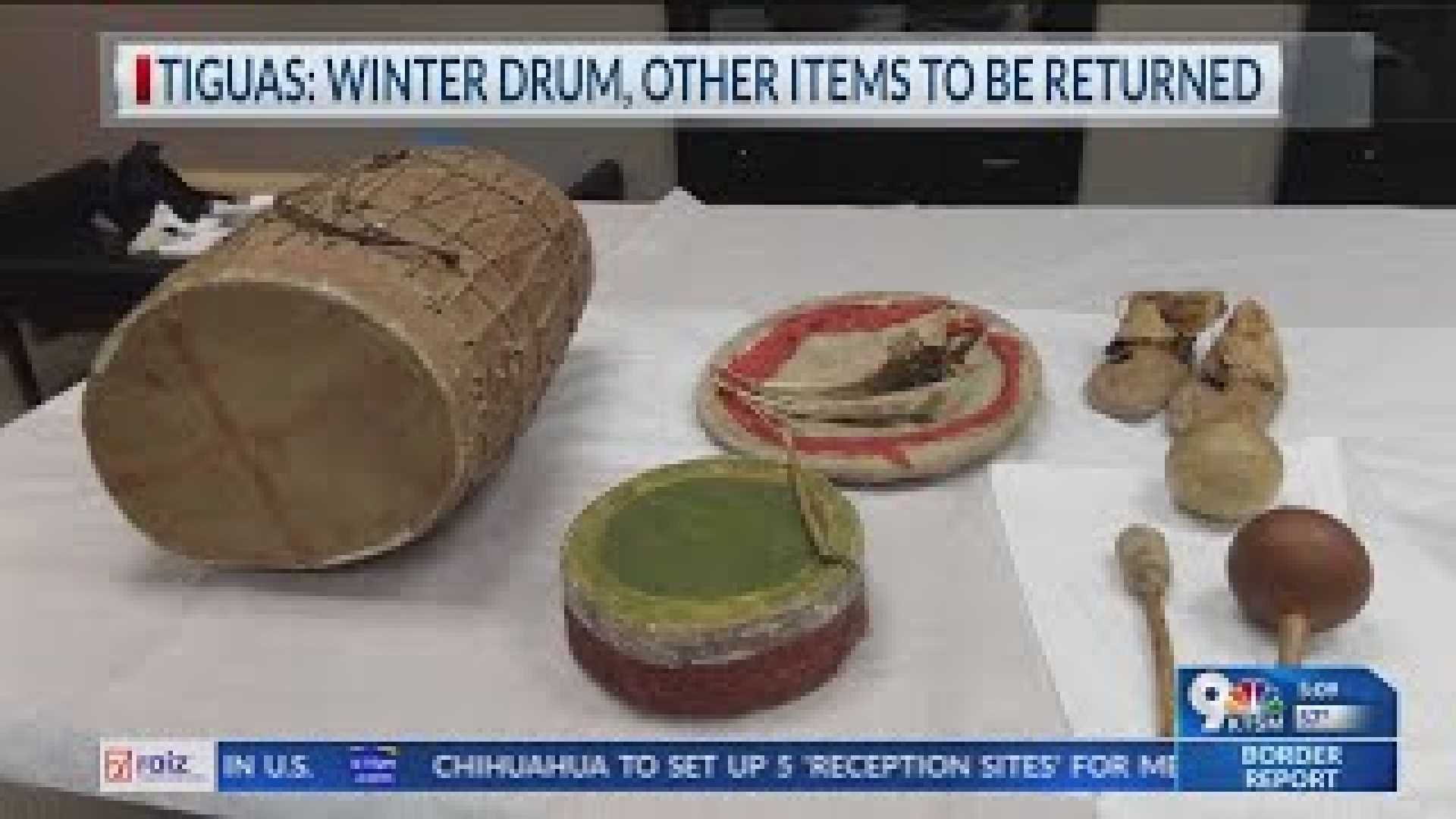World
Netherlands to Return Sacred Artifacts to Ysleta del Sur Pueblo After 140 Years

EL PASO, Texas (KFOX14/CBS4) — The Netherlands has pledged to return seven sacred artifacts stolen from the Ysleta del Sur Pueblo tribe over 140 years ago. The announcement, made Friday by the Dutch government and the Dutch Museum of World Cultures, marks a historic moment for the tribe, which has sought the return of these culturally significant items for decades.
The artifacts, including the Pohwith Winter Drum, a shield, moccasins, rattles, and other ceremonial objects, were taken in December 1882 by Dutch anthropologist Herman F.C. Ten Kate. The items have been housed in Dutch museums since their removal. The Winter Drum, described as the tribe’s most important spiritual icon, will be reunited with its counterpart, the Summer Drum, for the first time since 1882.
Ysleta del Sur Pueblo Governor Michael Silvas expressed gratitude for the collaborative efforts that led to the decision. “We want to offer sincere thanks to the Dutch government, the Museum of World Cultures, and the Dutch Colonial Collections Committee for working with the Pueblo and the U.S. government on a successful return of these objects of great significance to our community,” Silvas said. “They changed their minds, which is not a common occurrence, so that we can now be reunited with our Winter Drum and more.”
The Dutch Minister of Education, Culture and Science confirmed the return in a letter to the U.S. Department of the Interior, stating the items would be returned “as soon as practicable.” While no exact date has been set, the Tribal Council Office hopes the artifacts will be back in Ysleta by March.
The Pohwith Winter Drum, along with the Summer Drum, are considered “living entities” by the Pueblo, requiring care, blessings, and prayers. The drums, over 350 years old, will be used in winter rituals and traditions for the first time in over a century.
Efforts to reclaim the artifacts date back to 1967, with multiple attempts throughout the 1990s and as recently as 2017. Each time, the Dutch government refused to return the items. However, a recent shift in policy favoring the repatriation of cultural items to Indigenous groups has opened the door for their return.
Texas and New Mexico lawmakers, along with the U.S. Department of State, have worked closely with the Dutch government to facilitate the repatriation. Governor Silvas emphasized the spiritual significance of the artifacts, stating, “Our antiquities are part of our everyday spiritual life, and they were taken away from us to hang in a museum. Thankfully, our prayers have been answered.”












